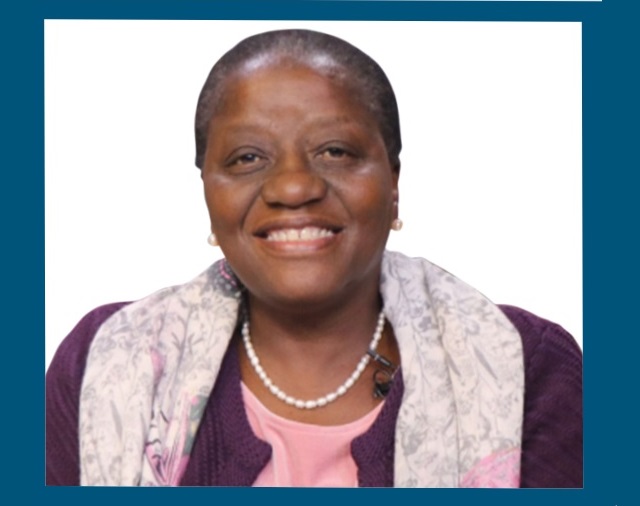
Bience Gawanas is the special adviser on Africa to the UN Secretary-General. She spoke to the Africa Renewal’s Zipporah Musau on her role and priorities for 2020
What would you say are the three biggest challenges facing Africa today?
I would rather talk about the opportunities in Africa. I want to create a positive narrative of Africa. However, we know that we still face challenges of conflicts, disease, poverty and hunger. That is why we must implement the Sustainable Development Goals (SDGs) and Africa’s Agenda 2063 (the AU’s blueprint and master plan for transforming Africa).
What are the top three opportunities you see on the continent for 2020?
There are various opportunities that can put Africa on a very different path. For me the greatest opportunity right now is the African Continental Free Trade Area (AfCFTA) that came into effect a few months ago. Africa has the potential to be one of the biggest markets in the world. But we need to trade amongst ourselves as Africans.
The second opportunity is the “Silencing the Guns in Africa” initiative, one of the priority projects of the AU’s Agenda 2063. The AU’s theme for 2020 will be “Silencing the Guns,” and there will be a renewed campaign to accelerate the initiative.
Another area of opportunity for me is climate change. For the first time more people are getting involved and discussing climate change like never before. The reality is with us. The UN Climate Action Summit convened by the Secretary-General last September saw many countries join the climate action agenda. Young people across the African continent are saying, “The future is ours.”
As you mentioned, the campaign to end conflicts in Africa kicks off in early January 2020, and it is also the theme of the African Union for the year. What is it about, and what is the UN’s role in it?
I see it in two ways: one is the physical dropping of the guns and the other one is focusing on development, investing in our people. We have come a long way and have managed to silence the guns in many countries in Africa already, but there are still some remaining hot spots. I think we can get there. It is an opportunity to have youth and women as agents of change, not just as victims or as perpetrators of conflicts or wars. We have always been talking about child soldiers, about youth taking up arms. But there is a new narrative—that youth also want to be known as agents of peace, and therefore should be involved in the peace process on the continent. The objective of the campaign is to ask, “What more do we need to do in order to achieve a complete silencing of guns in Africa?” The AU will be rolling out different activities to accelerate the achievement of that. At the UN, the Secretary-General has established a task force, which Office of the Special Adviser on Africa (OSAA) is part of, led by the UN Assistant Secretary-General for Africa, in the Departments of Political and Peacebuilding Affairs and Peace Operations, Bintou Keita, to support the AU on the initiative.
What programmes will you prioritize in 2020?
We are mostly guided by what the African continent sees as its priorities, the synergy between the two agendas—the AU’s Agenda 2063 and the global Agenda 2030. The AU and the UN have signed two framework agreements: on partnership on peace and security and on partnership in implementation of the two agendas. Those will definitely remain priorities for us.
What is it like to be an African female leader on the global stage?
I am very fortunate. I always look back to when, as a young woman, I was at the forefront of fighting for Namibia’s independence. I tell myself if we could fight for independence, surely we can also lead. This never was really an issue for me because I served my country in many positions as the first woman to do so. I moved from Namibia to the continental level, where I served as one of the first female commissioners in the AU Commission. Now I am here at the global level. It is really a privilege.
Are there any setbacks?
The challenge women face is the same everywhere when getting into a male-dominated structure that never had women before. We have to basically rewrite the script and start with a new narrative that takes into account who we are as women. I’ve always said that the fact that women occupy leadership positions does not turn them into men. I bring my qualities and perspective as a woman to enrich the workplace. We should always be objective. I tell women, when you move up the ladder, don’t kick off the ladder. Hold on to that ladder so that other women can climb the same way you did.
****
 The Independent Uganda: You get the Truth we Pay the Price
The Independent Uganda: You get the Truth we Pay the Price





